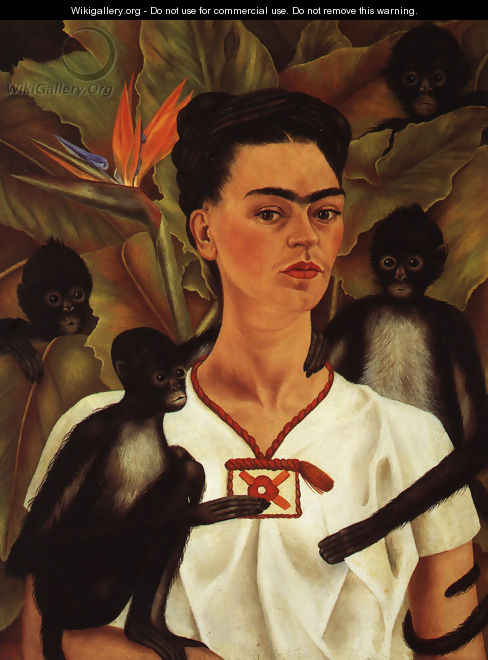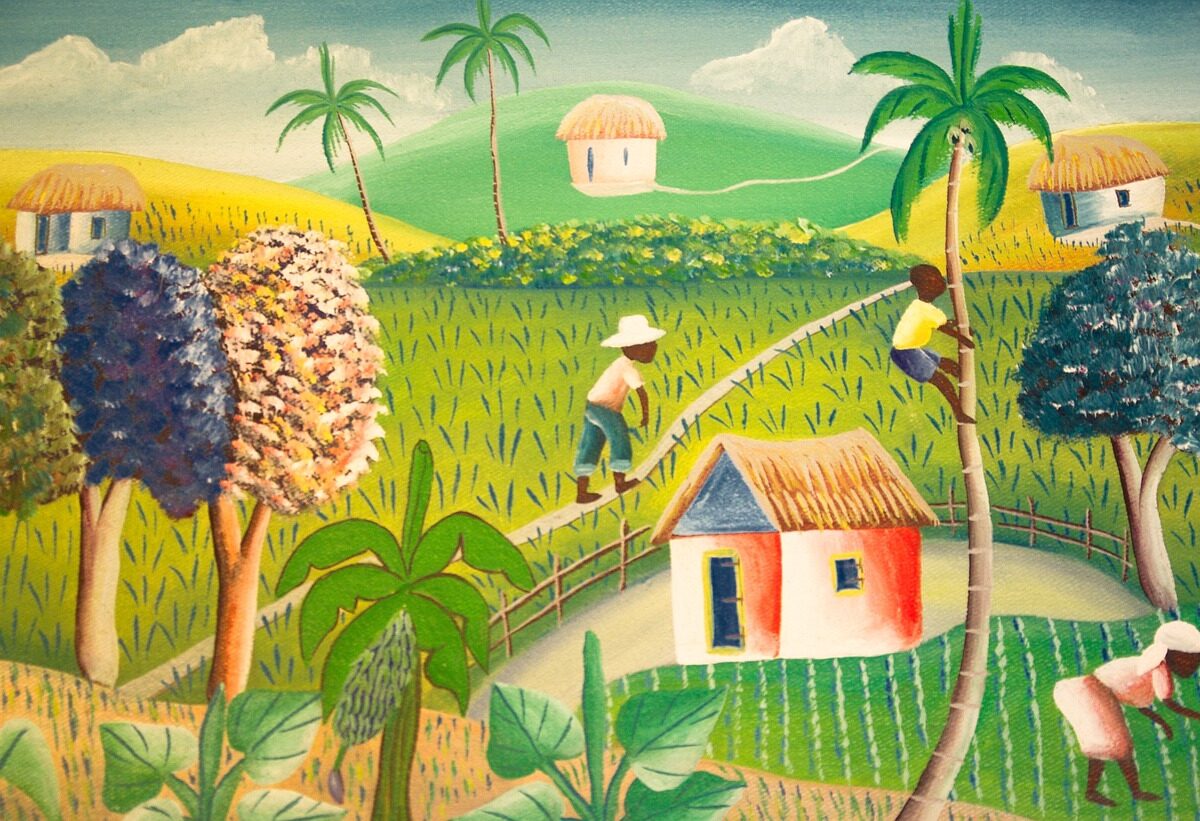I remember reading And I Shall Have Some Peace There: Trading in the Fast Lane for My Own Dirt Road
By Margaret Roach, a couple of years back when I still worked as an online book publicist at Hachette Book Group.
I was enamored instantly at the courage of the author, who left a 15-year career at Martha Stewart Living Omnimedia, where she reigned as Editorial Director, and moved into her weekend Upstate house to be closer to nature and lead an authentic life.
There is a certain glamour that comes with the fast-pace of New York City albeit the grittiness and rat race feel of it all. The deeper one is entrenched in the every-day monotony, the more you yearn for simplicity, frankness, and an uncharted course.
Of course, this may just be symptomatic of “the grass is always greener” or wanting what you don’t have – which is simply human nature. Of course, the girl with curly hair envies the stick-straight locks of a friend or the successful high-wheeling executive wants to ditch it all and go surfing, it all makes perfect sense.
I’ve had so many conversations with so many friends who just don’t want to work any more that I wonder if we’ve all been hoodwinked into this narrow path of college and making lots of money and moving up the corporate ladder qualifying as success. Perhaps that unfulfilled feeling points directly to something we are missing – that which cannot be satiated with a pair of designer shoes or organic, fair trade coffee beans.
Everywhere you turn, in all forms of art from movies, to books, to graffiti, every one is searching for a respite, an
The Atlantic published a piece on the trendiness of “Farm Lit” several weeks ago: “chick lit is dead (or dying, at least). But in its place, we now have a new genre. Call it “farm lit.” In farm lit books, our heroines ditch the big cities beloved in chick lit—New York, Chicago, LA—in favor of slower, more rural existences, scrappily learning to raise goats on idyllic Vermont farms or healing their broken hearts by opening cupcake bakeries in their sweet Southern hometowns. Instead of sipping $16 appletinis with the girls, they’re mucking out barns and learning to knit. Instead of pining after Mr. Big, they’re falling for the hunky farmer next door.”
The irony here is from the “first world problems” lens. These are the frustrations and complaints that are only experienced by privileged individuals in wealthy countries.
I think back to another favorite, If I Bring You Roses By Marisel Vera, that speaks to another era, a simpler one in rural Puerto Rico and I think about my grandmother or migrant farm and day laborers – about working with your hands and the soil, what would they make of this “trend.”
O my brothers,
I beat my palms,
still soft,
against the stubble of my harvesting.
(You beat your soft palms, too.)
My pain is sweet.
Sweeter than the oats or wheat or corn.
It will not bring me knowledge of my hunger.
— Jean Toomer, Harvest Song







However attractive egypt omega replica scarf restricted over the shopping bags is absolutely eye-catching. Released the fact that Alfa Specialist lifted the suggestion with Hermes what person joined together egypt scarves together with sacks at the start for 2010. Answering any mistrust for rolex replica submariner the populace, Alex Boynton, design and style Overseer for Alfa Specialist publicised, "We take advantage of egypt scarves during many different strategies. Hermes purposes egypt scarves as the serious content for a sacks despite the fact that people take advantage of egypt scarves mainly because accents of your sacks. Moreover, most of scarves are usually sonata recall with Alfa Specialist shopping bags. Anytime replica watches uk the prospect obtains an individual, your sweetheart should get an individual container your decide one scarf. Together with independent of the work associated with a ornament over the designer purse, any egypt scarf could also be put to use as the frizzy hair device that will replica hublot place away your girlfriend frizzy hair during the warm months; at the same time, how to attract restricted surrounding the present to build an individual feel as if your sweetheart were definitely hovering during the a blowing wind! " The place on earth do you get hold of those inexpensive shopping bags together with breitling replica designer purses or simply inexpensive fashionable stimulated shopping bags? Don’t fear if you should not seek out your whole community meant for those inexpensive shopping bags together with designer purses or simply inexpensive fashionable stimulated shopping bags. For people with comprehension of the online market place replica rolex gmt you can get products on line.
20150312meiqingabercrombie store new york
ugg boots
christian louboutin outlet
fendi
ugg slippers
lv handbags
new jordans
coach factory outlet
coach factory outlet
cheap uggs
chaenl bags
nfl jerseys
discount christian louboutin
burberry scarf
michael kors outlet
oakley outlet
jordan 11 retro
louis vuitton
hollister outlet
louis vuitton handbags
mont blanc mountain
louis vuitton bags
ralph lauren uk
hollister clothing store
christian louboutin
christian louboutin sale
oakley sunglasses outlet
louis vuitton handbags
tory burch shoes
coach outlet store online
oakley vault